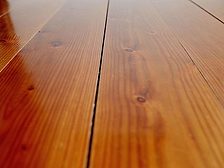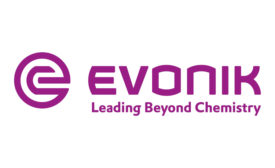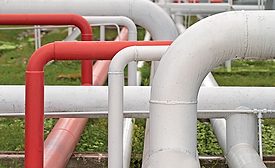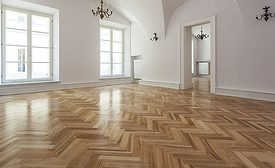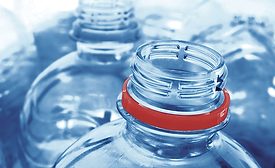Home » PUDs
Articles Tagged with ''PUDs''
advertisement
Need a Game Changer?
Transform your coatings formulations from “good enough” to “high performance”.
September 13, 2021
Waterborne Polyurethane Dispersions with Enhanced Hydrophobicity
for Direct to Metal Applications
Read More
Keep the info flowing with our eNewsletters!
Get the latest industry updates tailored your way.
JOIN TODAY!Copyright ©2024. All Rights Reserved BNP Media.
Design, CMS, Hosting & Web Development :: ePublishing

